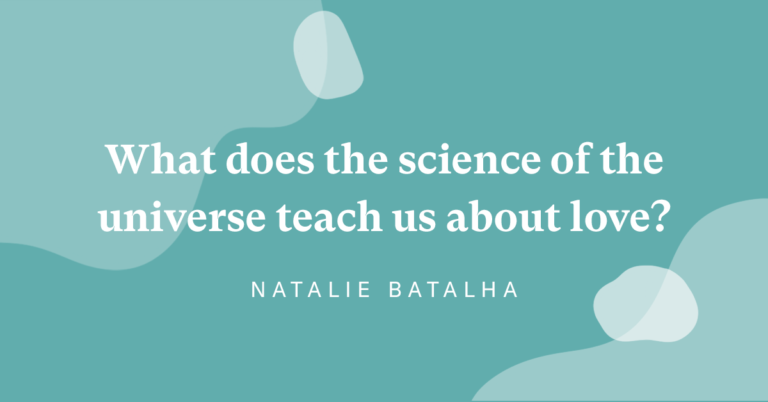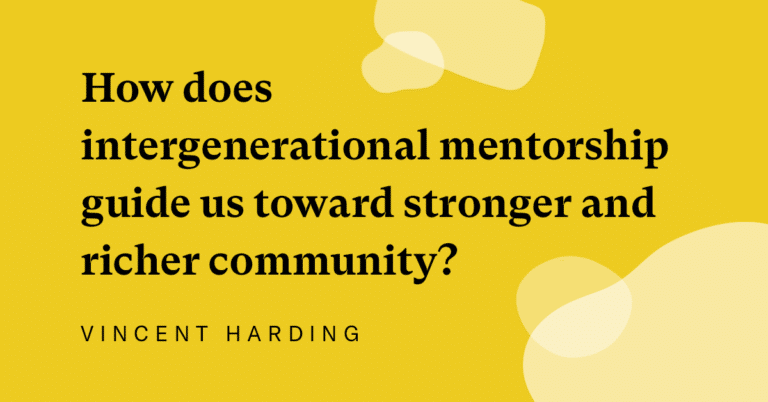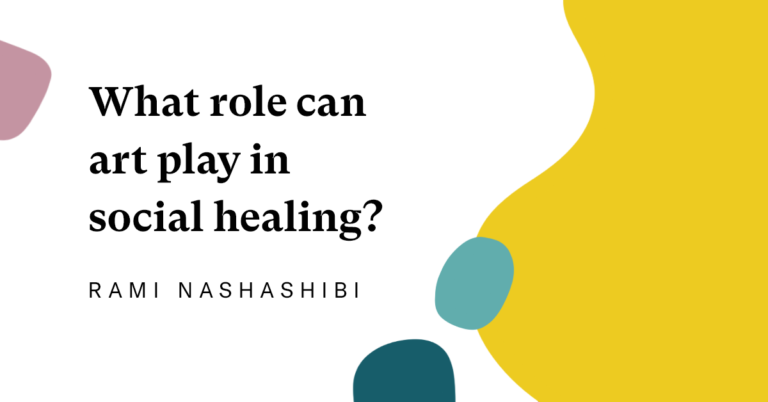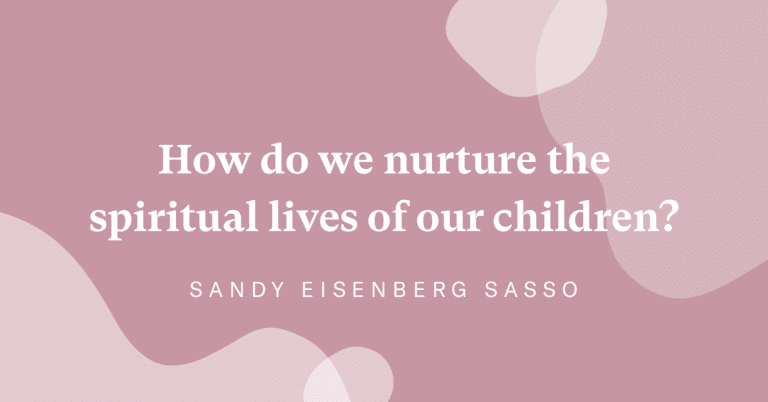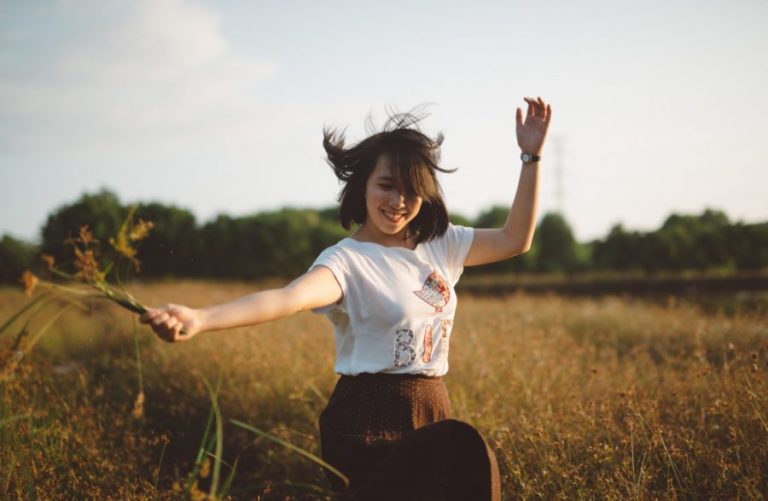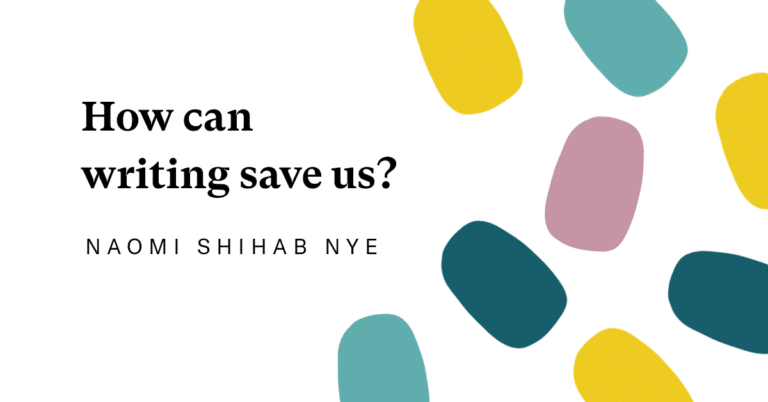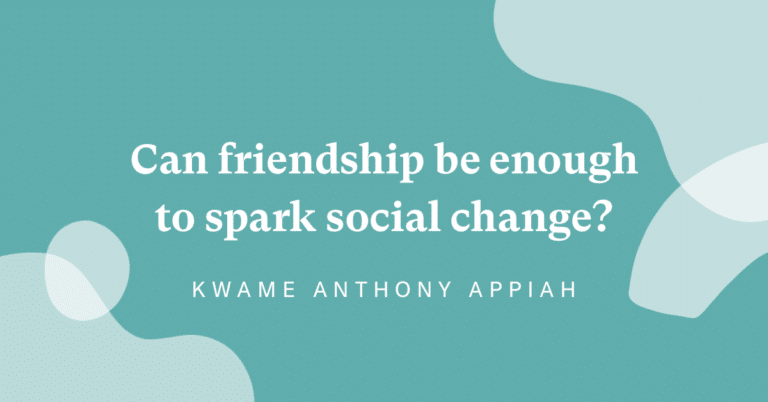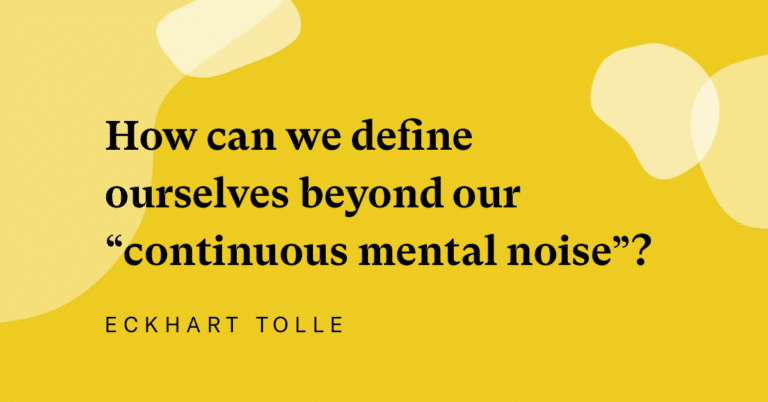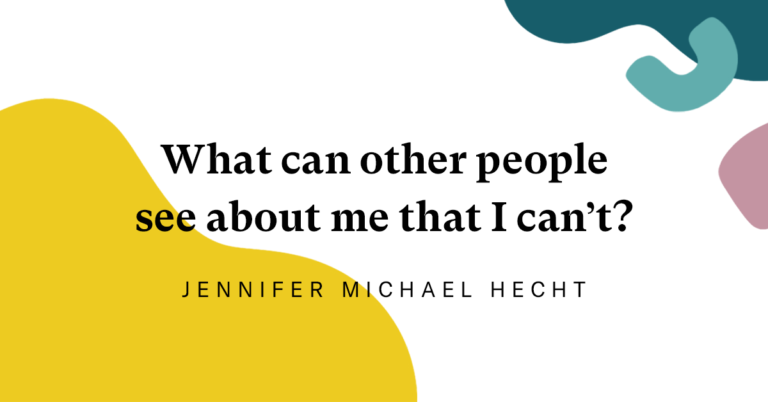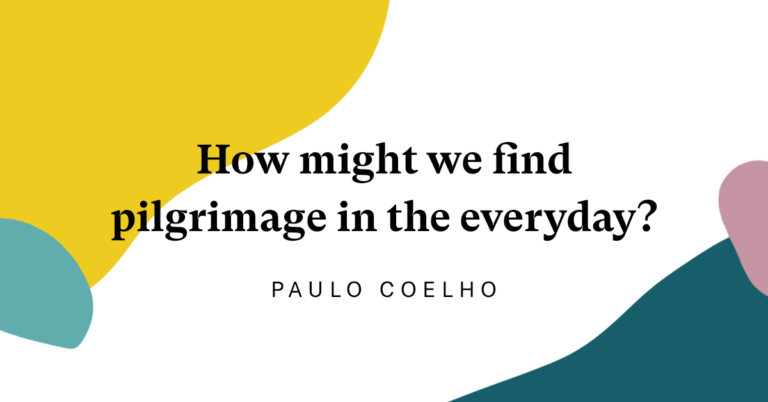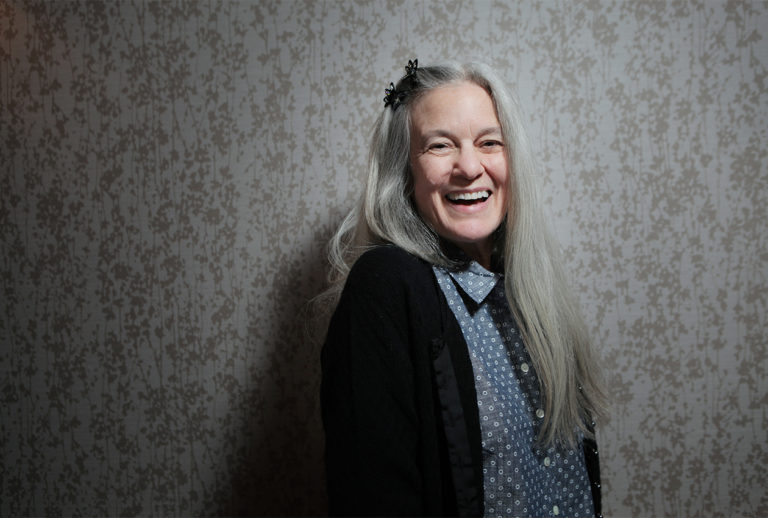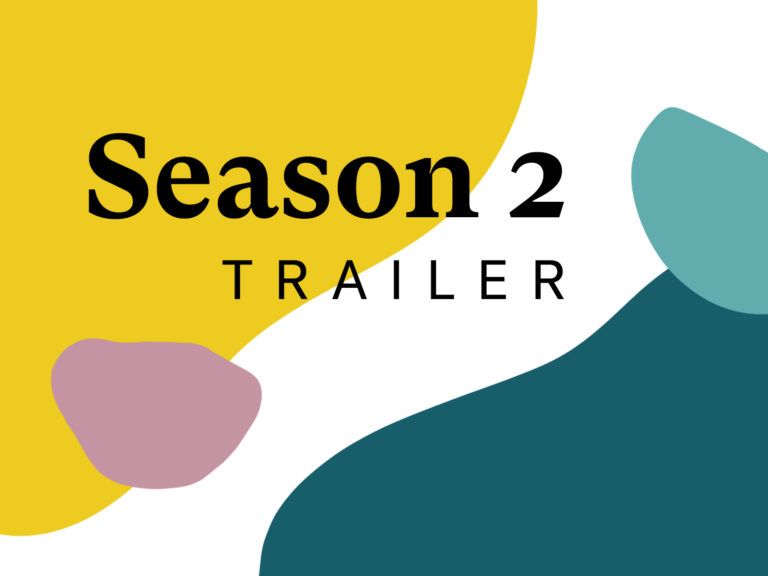Today young people are trying to balance the question of “What do I want to do when I grow up?” with the question of “Who and how do I want to be in the world?” Physician and writer Abraham Verghese and education researcher Denise Pope argue that’s because the way we educate for success doesn’t support the creation of full, well-rounded humans. And they see the next generation challenging our cultural view of success by insisting that a deeply satisfying life is one filled with presence, vulnerability, and care for others.
Podcasts
View
- List View
- Standard View
- Grid View
911 Results
Astronomer Natalie Batalha embodies a planetary sense of what “love” is and means. She says her experience searching the universe for exoplanets — earth-like bodies beyond our solar system that could harbor liquid water and life — fundamentally shifted how she thinks about the human experience on this planet. “You see the expanse of the cosmos, and you realize how small we are and how connected we are,” she says. “And that what’s good for you has to be good for me.”
Community organizers Rami Nashashibi and Lucas Johnson have much to teach us about using love — the most reliable muscle of human transformation — as a practical public good. Nashashibi is the founder of the Inner-City Muslim Action Network, a force for social healing on Chicago’s South Side. Johnson is the newly-named executive director of The On Being Project’s Civil Conversations Project. In a world of division, they say despair is not an option — and that the work of social healing requires us to get “proximate to pain.”
A civil rights elder and speechwriter for Martin Luther King, Jr., the late Vincent Harding brought the wisdom of the movement to young people in hurting places. He offers the image of a “live human signpost” as a guiding light toward the kind of support and mentorship we can offer one another in the path toward a beloved community. “When it comes to creating a multiracial, multiethnic, multireligious, democratic society, we are still a developing nation,” he says. “But my own deep, deep conviction is that the knowledge, like all knowledge, is available to us if we seek it.”
Rami Nashashibi is a champion for how art can make humans visible to each other. He brings a new energy to Islam’s core commitment to beauty and humanity — and to the power of stories to heal and electrify us across geography and generation, culture and faith. He founded the Inner-City Muslim Action Network on Chicago’s South Side, where he also lives with his family. “The arts have become the real factor for us in both humanizing each other’s stories, connecting our stories, and revealing to one another the possibilities of what a better world can look like,” he says.
A rabbi and parent, Sandy Eisenberg Sasso wants us to think about how we might teach our children’s souls, not just their minds. She says nurturing the spiritual lives of our children is the work of understanding for ourselves “what really matters in life, what’s precious, what’s more important than earning a living and going through our daily routine.”
A Buddhist philosopher of ecology, Joanna Macy says we are at a pivotal moment in history with the possibility to unravel or create a life-sustaining human society. Now entering her 90s, Macy has lived adventurously by any definition. She worked with the CIA in Cold War Europe and the Peace Corps in post-colonial India and was an early environmental activist. She brings a poetic and spiritual sensibility to her work that’s reflected in her translations of the early-20th-century poet Rainer Maria Rilke. We take that poetry as a lens on her wisdom on the great dramas of our time: ecological, political, personal.
Naomi Shihab Nye says writing is “an act that helps you, preserves you, energizes you in the very doing of it.” She calls herself a “wandering poet,” and her words point to shining corners of beauty in the world we see every day.
The late Wangari Maathai was a biologist, environmentalist, and the first African woman to win a Nobel Peace Prize. She was born under British colonial occupation and schooled by Catholic missionaries. But when she looked back on her childhood near the end of her life, she realized her family’s Kikuyu culture had imparted her with an intuitive sense of environmental balance. Maathai was steadfast in her determination to fight for the twin issues of conservation and human rights — and planting trees was a symbol of defiance.
Philosopher Kwame Anthony Appiah offers hope for quiet, sustained culture shift through the “endless shared conversation” of friendship. The writer of the New York Times “Ethicist” column studies how deep social change happens across time and cultures. “If you have that background of relationship between individuals and communities that is conversational, then when you have to talk about the things that do divide you, you have a better platform.”
“There is a place inside me that is far more powerful than the continuous mental noise,” says Eckhart Tolle. The spiritual teacher began to gain attention with his 1997 book, The Power of Now. Millions of people around the world have found pragmatic tools in his vision that fundamentally complicates the notion, “I think, therefore I am.”
April 4, 2019
Maya Angelou, Elizabeth Alexander, and Arnold Rampersad
W.E.B. Du Bois and the American Soul
A prolific writer on sociology, history, economics, and politics, W.E.B. Du Bois was one of the most extraordinary minds of American and global history. His life traced an incredible arc; he was born three years after the end of the Civil War and died on the eve of the March on Washington. In 1903, he penned the famous line that “the problem of the 20th century is the problem of the color line.” Du Bois was a formative voice for many of the people who gave us the civil rights movement and for all of us navigating the still-unfolding, unfinished business of racial justice now. We bring his life and ideas into relief through three conversations with people who were inspired by him.
“Imagine yourself alone on this planet. Would anything be the same?” Jennifer Michael Hecht is a poet, philosopher, and historian who wants to change the way we talk to ourselves and each other about suicide and staying alive — starting with her insistence that we believe each other into being. “Sometimes when you can’t see what’s important about you, other people can.”
Editor’s note: Given the focus of Jennifer Michael Hecht’s work, this episode briefly touches on the topic of suicide.
March 28, 2019
Desmond Tutu, Natalie Batalha, Eckhart Tolle, et al.
‘Becoming Wise’ With Tools for the Art of Living
Over the years, listeners have asked for short-form distillations of On Being — something to listen to while making a cup of tea. Our podcast Becoming Wise is this offering, designed to help you reset your day and replenish your sense of yourself and the world, ten minutes at a time. A taste of the new season, curated from hundreds of big conversations Krista has had with wise and graceful lives — including Archbishop Desmond Tutu, astronomer Natalie Batalha, and spiritual teacher Eckhart Tolle.
“Who am I?” Brazilian writer Paulo Coelho reframes the practice of pilgrimage as a journey into this mysterious question. “We have every single day this possibility, this chance of discovering something new,” he says.
Rabbi Lawrence Kushner is a long-time student and articulator of the mysteries and messages of Kabbalah, the Jewish mystical tradition. Kushner says mysticism tends to appear when religion — whatever the tradition — becomes too formal and logical. “The minute mysticism becomes permissible, acceptable, possible, it’s an immediate threat to organized religious structures,” he says. “Because what mysticism does is it gives everybody direct unmediated personal access to God.” He is influenced by the Jewish historian Gershom Scholem, who resurrected Kabbalah from obscurity in the 20th century and made it accessible to modern people.
When the wise and whimsical Sharon Olds started writing poetry over 40 years ago, she explored the subjects that interested her most — like diaphragms. “The politeness and the prudity of the world I grew up in meant that there were things that were important to me and interesting to me, [but] I had never read a poem about,” she once said. She won the Pulitzer Prize in 2013 for her collection Stag’s Leap about walking through the end of a long marriage. Her most recent book, Odes, pays homage to the human body and experience.
A preview of the podcast that offers depth and discovery in the time it takes to make a cup of tea. Curated from hundreds of Krista Tippett’s big conversations with wise and graceful lives. Reset your day. Replenish your sense of yourself and the world.
Becoming Wise returns on Monday, March 25, 2019. Subscribe on Apple Podcasts, Google Podcasts, Stitcher, or wherever you find your podcasts.
The Pause
Join our constellation of listening and living.
The Pause is a monthly Saturday morning companion to all things On Being, with heads-up on new episodes, special offerings, event invitations, recommendations, and reflections from Krista all year round.
Search results for “”
View
- List View
- Standard View
- Grid View
Filters


